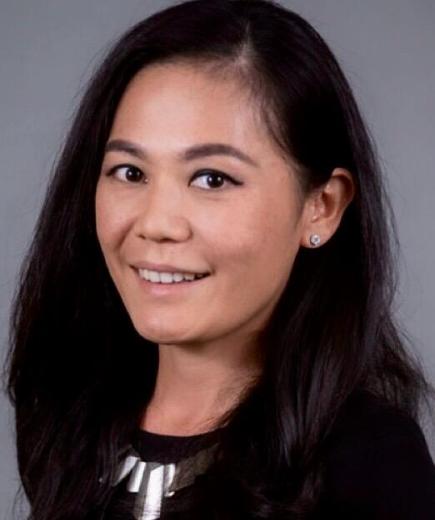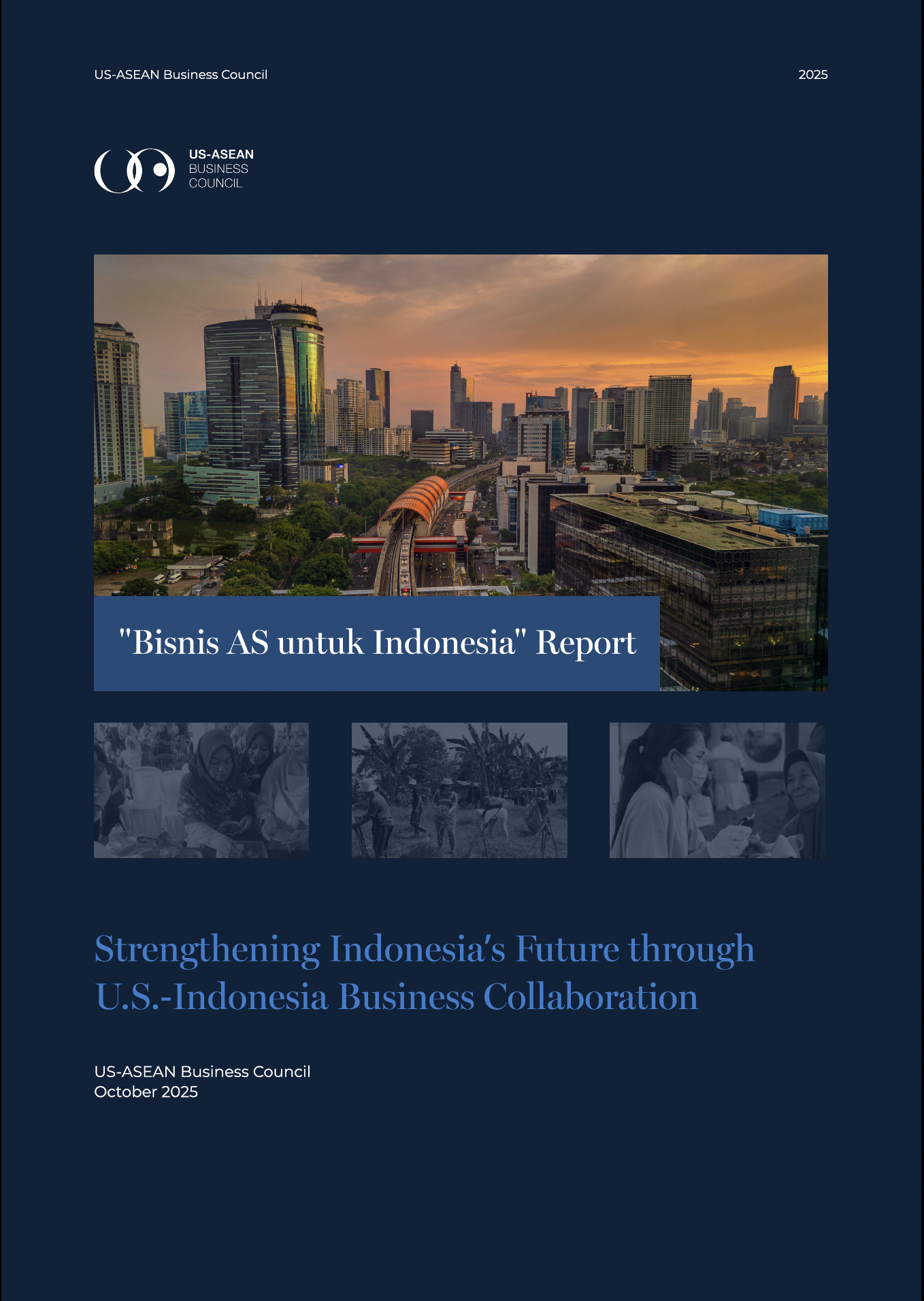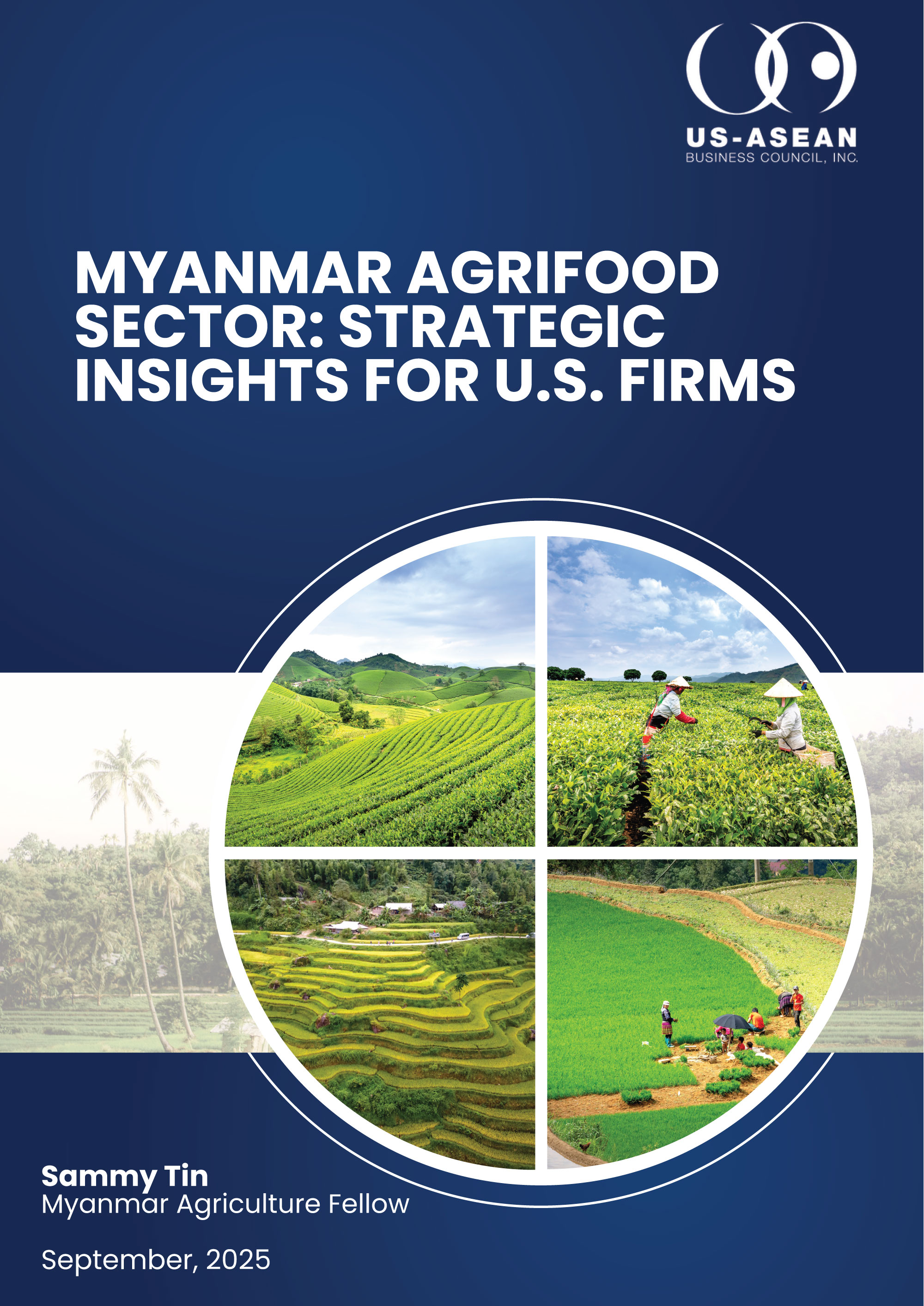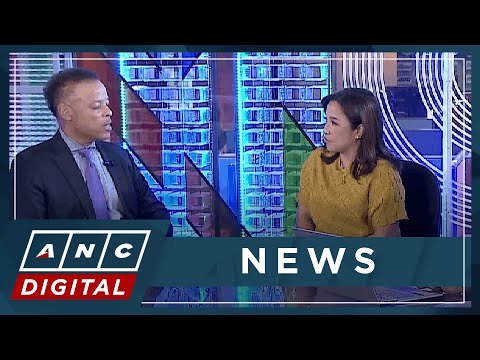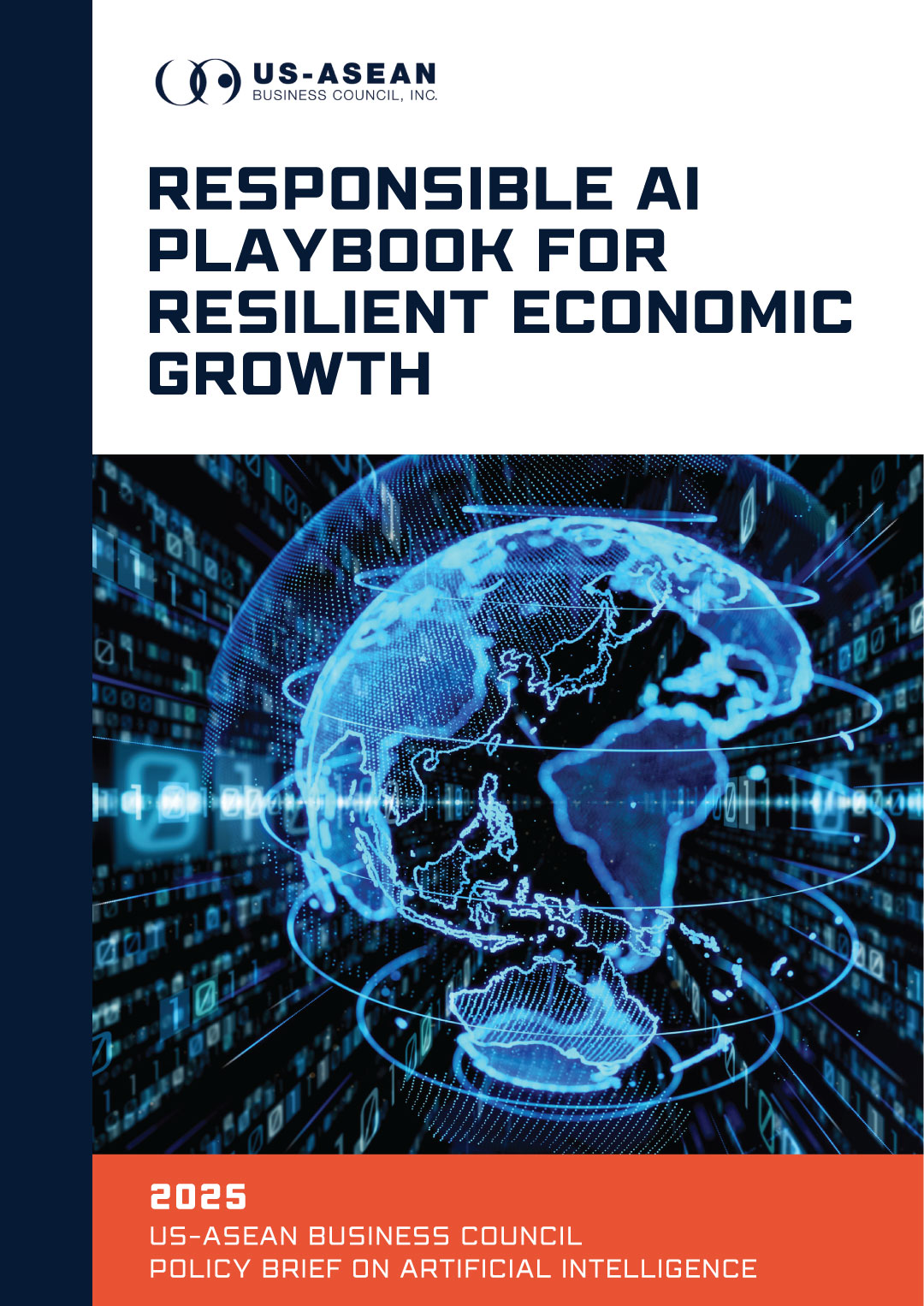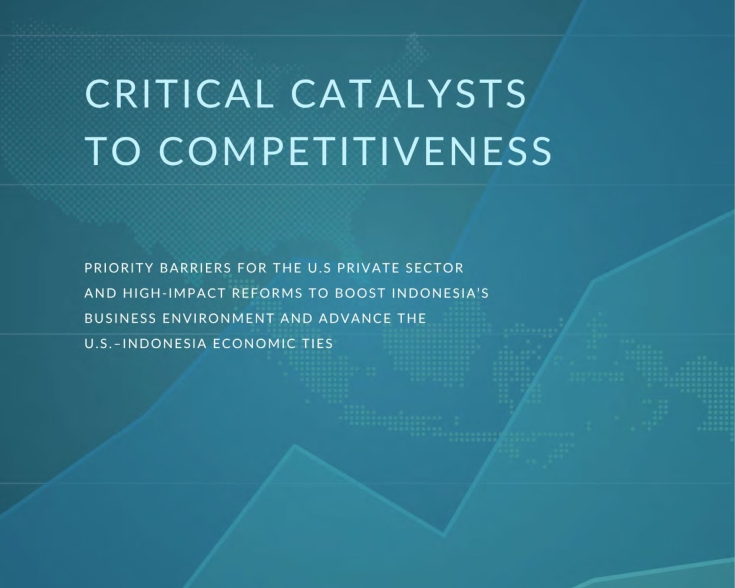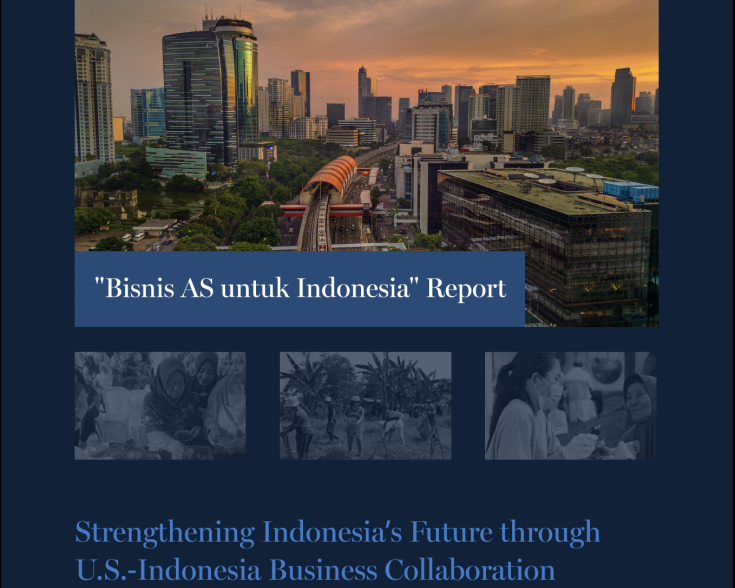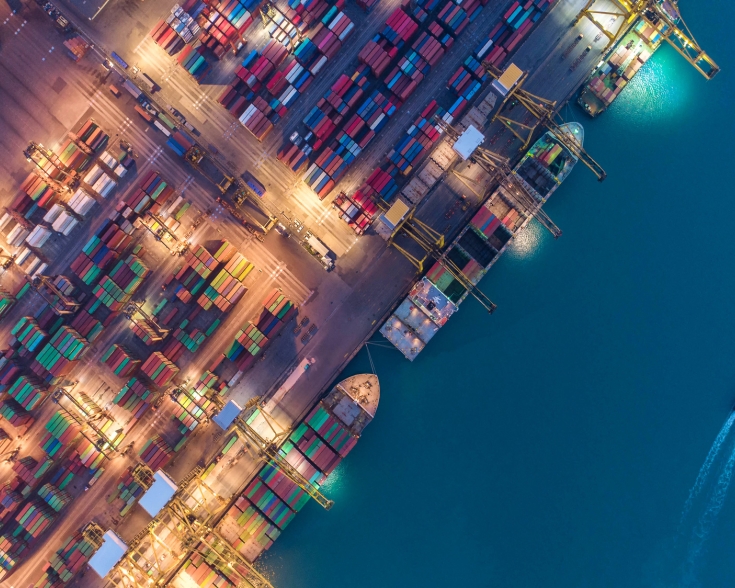Indonesia Officially Declared President- and Vice President Elects
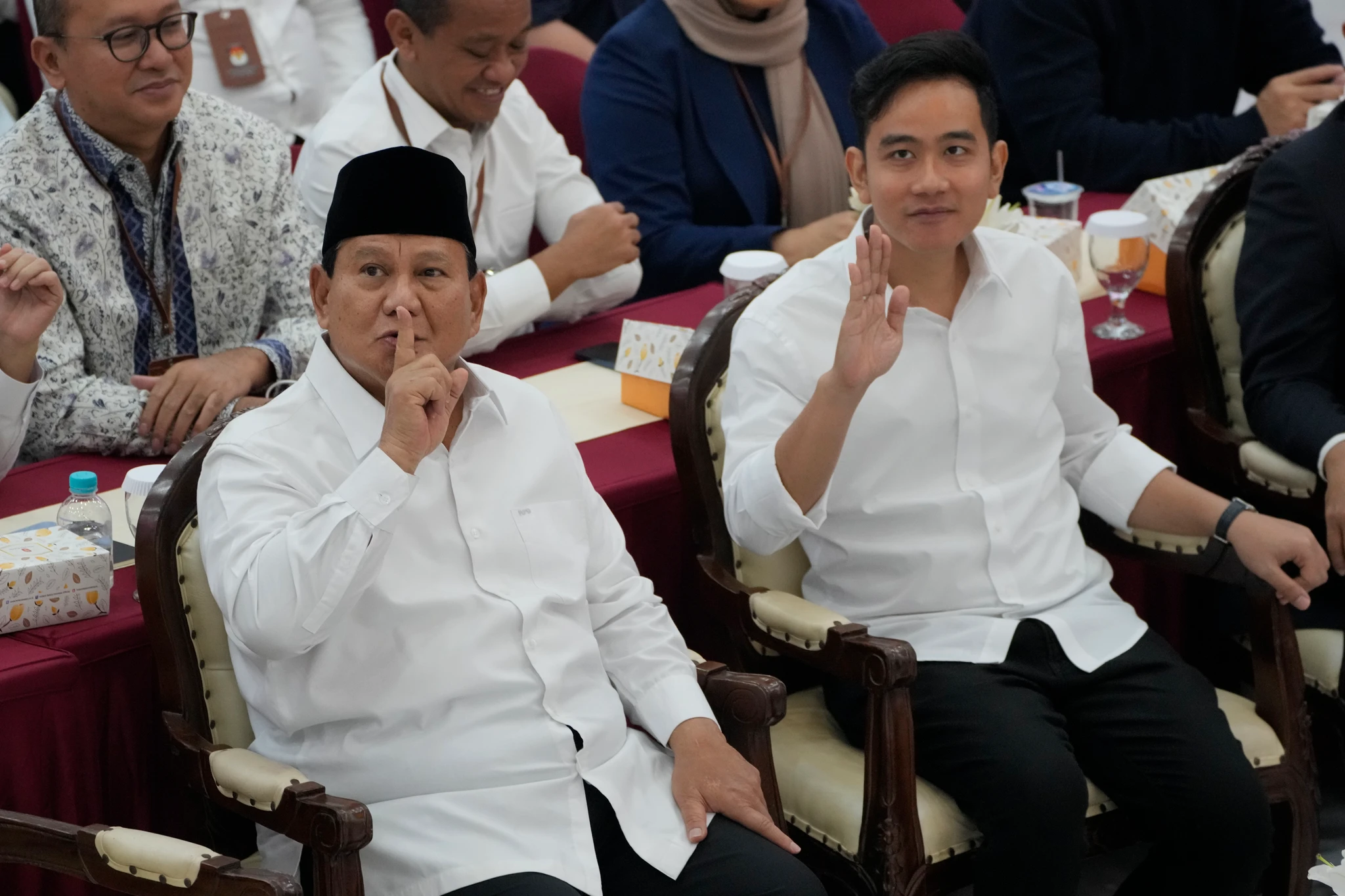
On April 24th Indonesia’s electoral commission (KPU) declared Prabowo Subianto as the winner of presidential election, following the constitutional court’s rejection of all appeals to his electoral victor from his contenders. Prabowo and running mate -the son of President Jokowi, Gibran Rakabuming Raka- will be sworn in for a five-year term on October 20, 2024. Prabowo and Gibran vowed for an inclusive coalition, fiscal prudence and a stable government for Indonesia.
Prabowo’s 58% landslide victory came with an unusual turn where the presidential elect’s political party failed to capitalize on the coat-tail effect. Instead, PDI-P party, which backed Ganjar-Mahfud ticket, won the legislative elections, followed with Golkar party and Gerindra party – both part of the same coalition. Prabowo must reach beyond his coalition mapping to push through his reforms like Jokowi who garnered the support of four in five lawmakers, allowing him to pass economic reforms laws with ease.
Despite the prior strong opposition, Ganjar Pranowo and Anies Baswedan have accepted the verdict and congratulated Prabowo-Gibran. Both Ganjar and Anies have stated their readiness to meet with Prabowo. Meanwhile, the National Democratic Party which had supported Anies confirmed it was ready to join Prabowo’s coalition, after the Chairman met with the president-elect. Prabowo has also met with, Muhaimin Iskandar who was Anies’ running mate. Although Megawati of PDI-P get along with Prabowo, PDIP might demand Prabowo to minimize Jokowi’s role in order for them to join the coalition.
Ambitious Prabowonomics and the Upcoming Administration
Prabowo sets an 8% economic growth target, while promising continuation of Jokowi’s key policies, such as developments of downstreaming, critical mineral supply chain, EV manufacturing, food estate and Nusantara capital. In addition, Prabowo pushes for his costly “free school lunches and milk” program, which is not only aimed to improve health and education outcomes but also intended to boost the agriculture sector – one of his family business interests.
He pledged to uphold fiscal discipline, through setting a tax revenue target of about 14%-16% of gross domestic product by ensuring compliance without imposing more levies. However, foreign investors are concerned about potential fiscal loosening as evidenced by the withdrawal of $1.1 billion from Indonesian bonds by global funds. In addition, he also aims to push for efficiency through privatization for selective state-owned enterprises (SOE).
Names from Prabowo’s campaign and Jokowi’s confidants have been rumored as potential ministers, including State Enterprise Minister Erick Thohir, former Ambassador to the US Rosan Roeslani, and former trade minister Muhammad Lutfi. Investors are closely watching the finance minister post, who will play key role in balancing fiscal discipline while securing spending for flagship programs. Health Minister Budi Gunadi Sadikin, Financial Services Authority (OJK) Chairman Mahendra Siregar, Deputy Minister State-Owned Enterprises Kartika Wirjoatmodjo, are currently rumored as potential candidates.
Challenges ahead of Prabowo-Gibran Era
In the economic realm, Prabowo’s ambitious economic growth plan could clash with his campaign’s proposed flagship programs, including the $28.79 billion free lunch, $7.5 billion new capital and $48.8 billion defense modernization programs, Prabowo’s ambitious plans could cost beyond the current $22 billion budget deficit. Additionally, managing repayment of financing of projects from China could also be tricky as a lot of projects, including the loss-making high-speed train, are funded with high-interest loans. Amid a changing climate and disaster risks, the food estate project is also at high risk of failure.
Experts foresee a shift in foreign relations and defense realms as Prabowo could lean more on hard, instead of soft power. Amid increasing tension surrounding the Natuna islands, Prabowo has initiated military modernization program and increased spending from $8 billion in 2019 to $25 billion by 2024. Another political challenge would be how Prabowo navigate relationships in ASEAN, in particular with Timor Leste, given his human right violation history.
As Indonesia approaches a the Prabowo era, Jokowi’s legacy programs might prevail, but his influence will subside; Indonesia may see a shift instead of mere Jokowi 2.0. Despite Prabowo-Gibran’s confidence to fulfill his vows of economic growth, coalition promises, as well as stable and inclusive government, while navigating global uncertainties, they may deprioritize some promises. Furthermore, given the limited governance and policy experience of both the President- and Vice President-elects, the balance between politics and technocracy will determine their ability to deliver on their promises.
